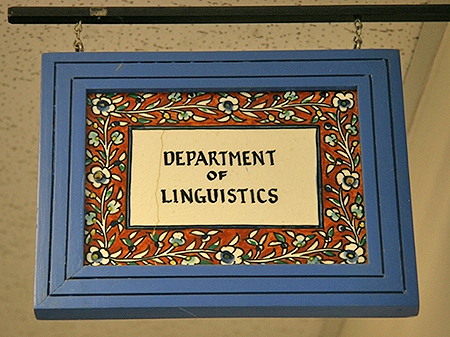
Linguistics ETDs
Publication Date
Fall 11-16-2020
Abstract
Endangered languages are often assumed to undergo grammatical losses. Grammaticalization – which is concerned with how grammar evolves – has been largely overlooked in such contexts. In this dissertation, I address two questions: 1) Do grammaticalization processes in endangered languages look as they do in more robustly spoken languages, and 2) are there other changes that require explanations outside of grammaticalization?
The language that I consider is Tohono O'odham (Uto-Aztecan), spoken in Arizona (US) and Sonora (Mexico), which has become endangered over the last century due to coercive assimilationist policies. I conduct a comparative analysis of pre-existing oral data over approximately the last 100 years, focusing on progressive and demonstrative constructions.
The findings suggest that severe language shift has had little impact on the evolution of progressives and demonstratives. The structures change in predictable ways or remain stable. Changes that may be due to infrequent language use are within the lexical domain.
Language
English
Keywords
Tohono O'odham, language change, language endangerment, grammaticalization, progressive aspect, demonstratives
Document Type
Dissertation
Degree Name
Linguistics
Level of Degree
Doctoral
Department Name
Department of Linguistics
First Committee Member (Chair)
Rosa Vallejos
Second Committee Member
Melissa Axelrod
Third Committee Member
Melvatha Chee
Fourth Committee Member
Doris Payne
Fifth Committee Member
Ofelia Zepeda
Recommended Citation
Beers, Keiko F.. "Exploring Language Endangerment and Language Change in Tohono O'odham." (2020). https://digitalrepository.unm.edu/ling_etds/72
